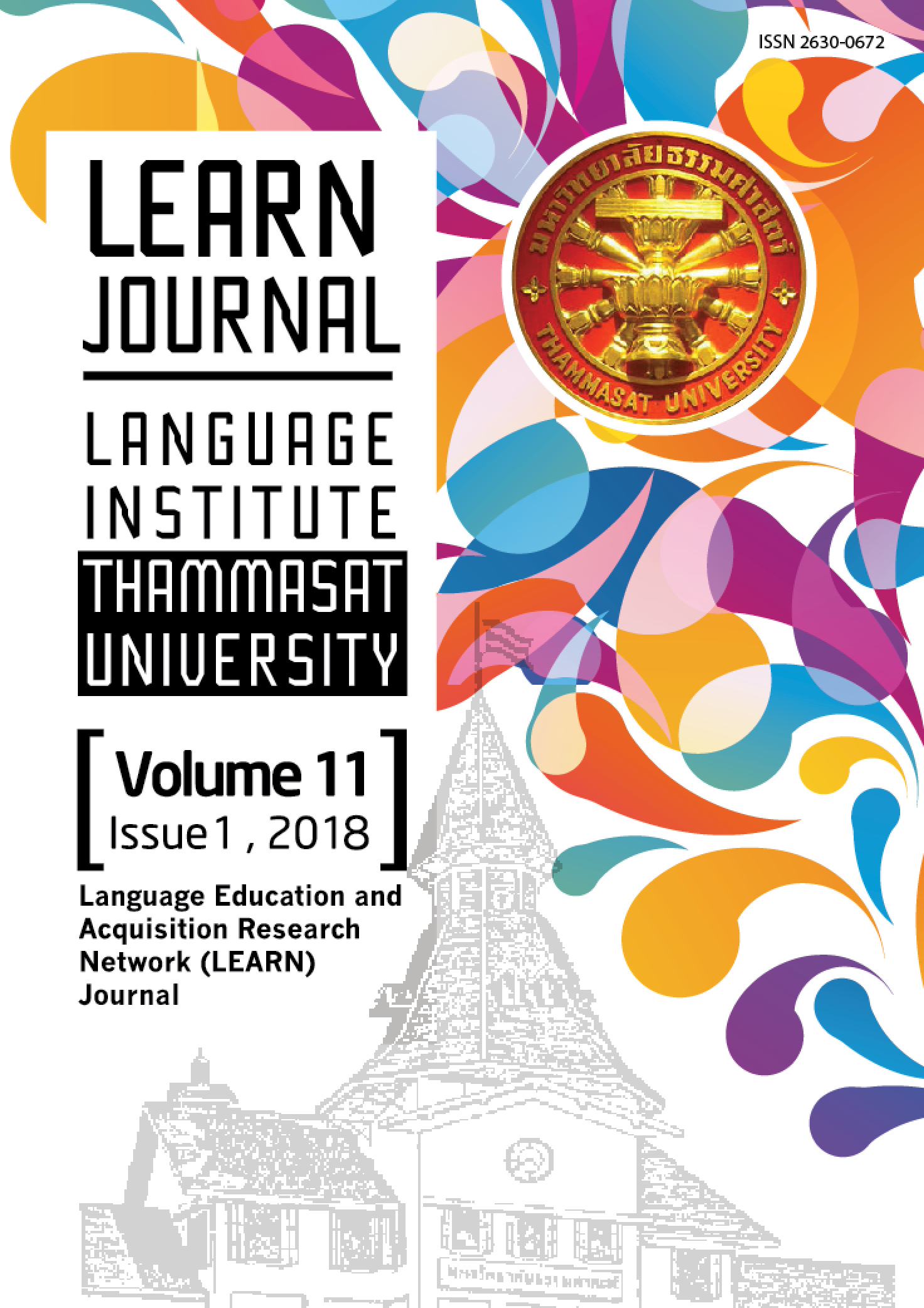A Correlational Study between Language Attitudes and English Language Orientation of Indonesian EFL Learners
Main Article Content
Abstract
This study investigated the correlation between bilingual language attitudes and English language orientation of Indonesian EFL learners in Yogyakarta, Indonesia. 256 students from five universities (two public and three private) participated in the research. The participants answered a questionnaire, which was divided into two parts, namely a bilingual language attitude questionnaire and an English language orientation questionnaire. The bilingual language attitude questionnaire was adapted from Sicam and Lucas (2016), while the English language orientation questionnaire was adapted from Mbato (2013). For the data analysis, Pearson’s Product-Moment Correlation coefficient and independent-samples T-test were used by using SPSS version 20.0 for Windows. The results showed that language orientation had a positive and significant correlation with language attitudes toward English and a positive but insignificant correlation with language attitudes towards the Indonesian language. It indicates that English language orientation strongly influenced Indonesian EFL students’ language attitudes towards English but not necessarily towards Indonesian language. We also found that Indonesian EFL students had a high awareness of the benefits of learning English for their future. The other result showed that there was no difference between male and female students in instrumental orientation. This research offers implications for English language teaching and learning in a foreign language context.


